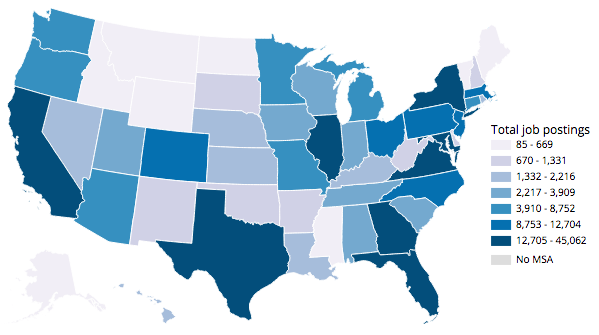It’s all over the news, it’s all over your phone; it’s in your wallet, and it’s in your home. What is it? Cybersecurity.
What once was only in the realm of the defense industry and government agencies, cybersecurity concerns have invaded our everyday lives.

- Phishing and spoofing attempts have become sophisticated, making business and individuals easy targets for hackers—which means you have to carefully evaluate every email you receive and check links twice before you click to protect both your workplace and your personal data.
- DDoS (Distributed Denial of Service) attacks are disrupting web sites, causing loss of revenue for companies or deflecting IT staff attention away from an actual breach that’s occurring through the back door.
- Data breaches occur on a daily basis. Most of us have gotten a new credit card in the mail as a result of a major retailer getting hacked, and you have to repeatedly check websites every time to see if your data has been compromised.
As a result, cyber security professionals are in higher demand than ever, and IT staff needs to stay up-to-date on the latest vulnerabilities to protect themselves and their companies from attack. In 2016 alone, there were more than 209,000 unfilled cybersecurity jobs in the US, and postings were up 74% over the past five years.
There’s never been a better time to be in this exciting field, but with so many training options available and a veritable alphabet soup of acronyms in certifications to acquire, where does one start?
While it’s helpful to have a bachelor’s degree in cybersecurity, it’s not the only way to break into the field. In fact, Jacob Brabbs (CPTE, A+ and Security+), one of our security analysts at Merit, has taken an indirect path to his role. As a result of his diverse skill set, he brings a fresh perspective when working directly with our Members to secure their networks and virtual environments.
I asked Jacob about his journey from foodservice and construction work to a well-rounded security analyst on our Enterprise Security team.
Melissa Wlodkowski, Merit Product Manager [MW]: How did you get started as a cyber security expert?

Jacob Brabbs (CPTE, A+ and Security+) [JB]: “It helps to have an understanding of networking, so I went back to school and got dual associate degrees in computer security and networking. Programming basics are also required, such as C++ or Perl. It’s best to have at least two classes beyond the intro class in any one language. Also, knowledge of Linux and command line skills are essential, but you don’t have to be an expert. For me, knowing Windows commands made learning Linux easier.”
MW: What was the most helpful thing you experienced in school?
JB: “The biggest help for me was getting involved in the Michigan Collegiate Cyber Defense Network (CCDN). I didn’t compete, but I got to help with building and putting on competitions for teams from around the state. Whatever it is, find yourself a project that drives you to learn. You need to be into something beyond your regular coursework. Security is a mindset, and it needs to be cultivated.”
And he’s not joking. Jacob has taken advantage of any information and networking groups he can find. He scours cybersecurity blogs and news sites like Hacker News, ARS Technica and Krebs on Security. He recommends attending a local tech meetup or participating in Capture the Flag exercises to practice your skills in a life-like environment. (Catch a CTF at MCRCon in May or at the newly opened Pinckney Cyber Training Institute.)
By immersing himself in all things security, in addition to his previous roles at Merit as an MSC analyst and on the Michigan Cyber Range team, Jacob has become extremely valuable to Merit and our Members.
Many people working in IT already have the foundational knowledge of networking and programming, so transitioning to cybersecurity may be a natural progression. Security classes and certifications are available at local community colleges, universities and Cyber Range Hubs such as Pinckney or the Velocity Center in Warren.
If you’re interested in keeping everyone’s data safe and have a nose for sleuthing, why not explore your next career opportunity in cybersecurity?